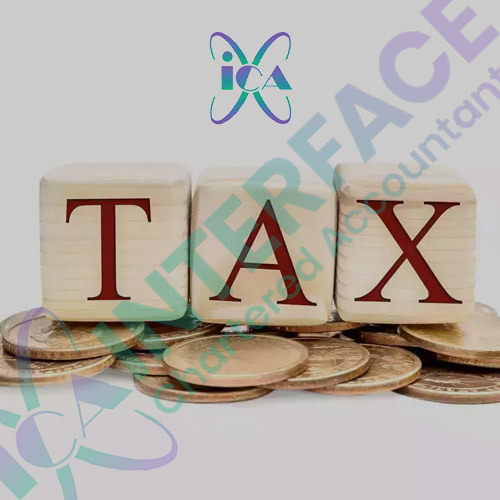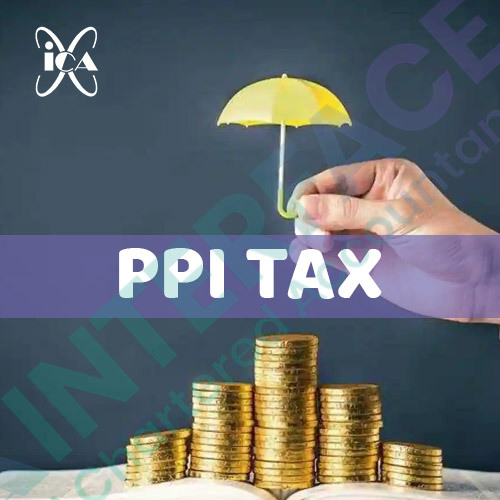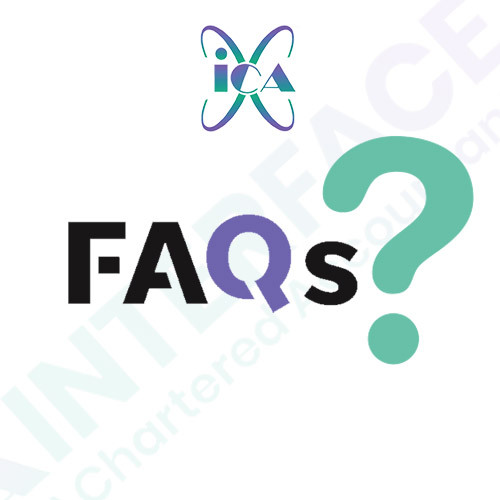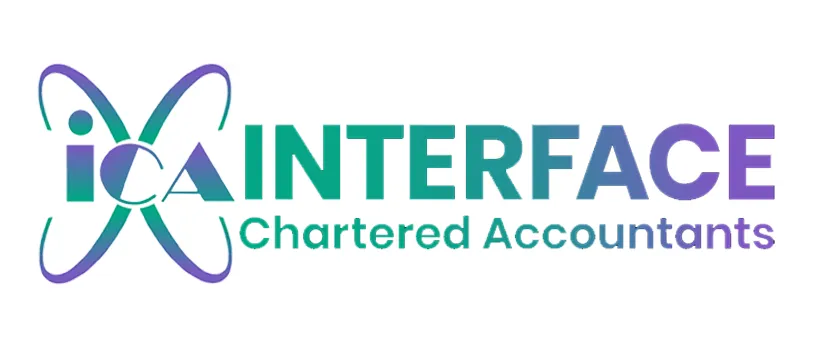Payment Protection Insurance
In the mid-1980s, payment protection insurance (PPI) was established in the United Kingdom. Payment protection insurance (PPI) was created to safeguard consumers financially in the event of a sudden loss of income.
It was created to cover loan and credit card payments in the case of a customer’s death, disability, unemployment, or other life circumstances that would render them unable to make payments.
PPI is viewed as a means for lenders to protect themselves from potential loan defaults while also providing clients with some peace of mind in the event of a financial catastrophe.
Payment Protection Insurance (PPI) is a type of insurance that protects a borrower’s loan or credit card payments in the case of unemployment, sickness, or death. Its intent is to safeguard both the borrower and the lender in the event of an unforeseen incident that may prohibit the borrower from making loan payments.
TAX:
Her Majesty’s Revenue and Customs manages the taxes system in the United Kingdom (HMRC). Revenue and earnings from enterprises, investments, and other sources of income are taxed. The most frequent sort of tax is income tax, which is levied on earnings from jobs self-employment, pensions, and other sources.

Corporation tax is levied on earnings made by businesses and other organizations. VAT is a consumption tax levied on most goods and services that are collected by companies. Property taxes include Stamp Duty Land Tax, Council Tax, and Inheritance Tax.
Pay Protection Insurance Tax:
Employers in some jurisdictions are subject to a Pay Protection Insurance Tax (PPI Tax) to help pay the state’s unemployment insurance system. The tax is calculated as a percentage of total employee wages. The tax amount varies by state.

Importance:
Payroll taxes are levied on employers or workers and are often calculated as a proportion of the wages paid to employees. Payroll taxes are typically classified into two types: deductions from an employee’s earnings and employer-paid taxes based on the employee’s compensation.
Payroll protection insurance tax is a payroll tax levied by the government on employers to assist in protecting workers in the case of job loss. This tax contributes to the funding of unemployment benefits, which help employees who have been laid off or are otherwise unable to work.
How can I claim Payment Protection Insurance Tax?
You must first contact the Internal Revenue Service and complete Form 1040X in order to claim Pay Protection Insurance Tax.
This form is used to modify a previously filed tax return and to request a refund or credit for incorrectly made tax payments. You must give documentation of insurance payments to the IRS, such as a copy of the policy or a statement from the insurance provider.
The IRS will next analyze the information you have submitted to determine if you are eligible for a refund or credit. If you are, the IRS will send you a check for the amount of the refund or credit.
Can we claim it on someone’s behalf?
Unfortunately, you cannot claim back payment protection insurance tax on behalf of another person. To claim the tax, the person must file their own tax return. They must show verification of their payment protection insurance premiums as well as any other applicable paperwork.
R40 Form:
A R40 form is a tax return form used in the United Kingdom. It is used to claim tax breaks for expenses such as higher education, professional certifications, and charitable contributions.
How do we fill a R40 Form?
- Enter your name and address.
- Enter your South African identity number.
- Enter your total taxable income for the year.
- Enter any tax credits you may be entitled to, such as medical aid or retirement annuity contributions.
- Calculate your tax payable and enter it on the form.
- Enter any allowances you may have, such as travel allowances.
- Calculate your total tax payable and enter it on the form.
- Sign and date the form.
- Submit the form to SARS.
FAQ’S

How much tax will I get back on a PPI claim?
The amount of tax refunded on a PPI claim is determined by the amount of the claim and the amount of tax already paid on the PPI insurance. When your claim is successful, the HMRC will normally return any tax you spent on PPI premiums.
How long it takes to get PPI Tax back?
The deadline for filing a claim for compensation for mis-sold goods. PPI (Payment Protection Insurance) may be required depending on the facts of the case. In general, claims must be filed within six years of the end of the fiscal year in which the PPI coverage was purchased.
However, if a claim is brought more than six years after the fiscal year in which the insurance was purchased, it may still be feasible to bring a claim if it can be proven that the lender purposefully hid the miss-selling. If you are confused about the time restriction for your claim, it is essential to consult with a skilled financial expert.
 Skip to content
Skip to content

